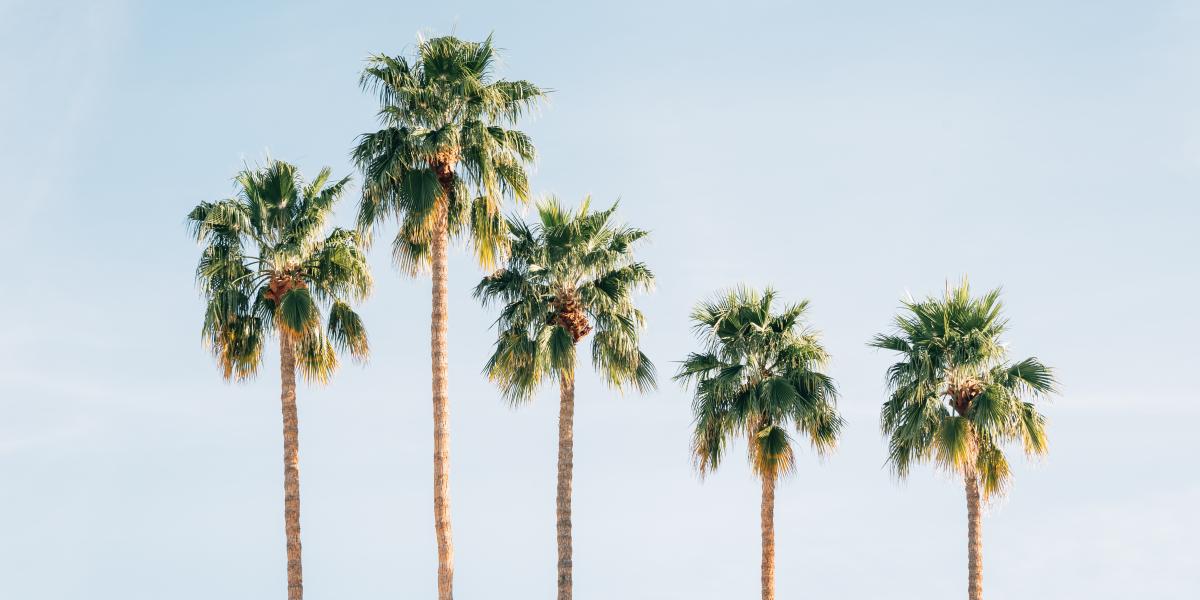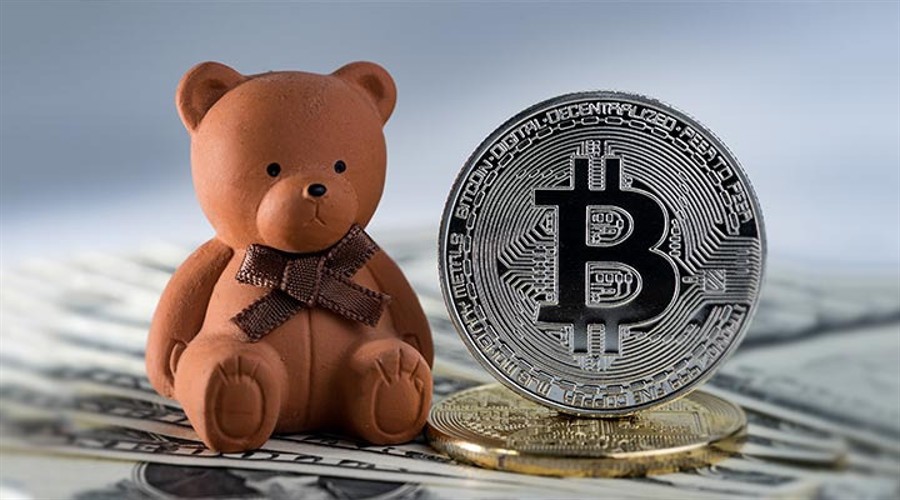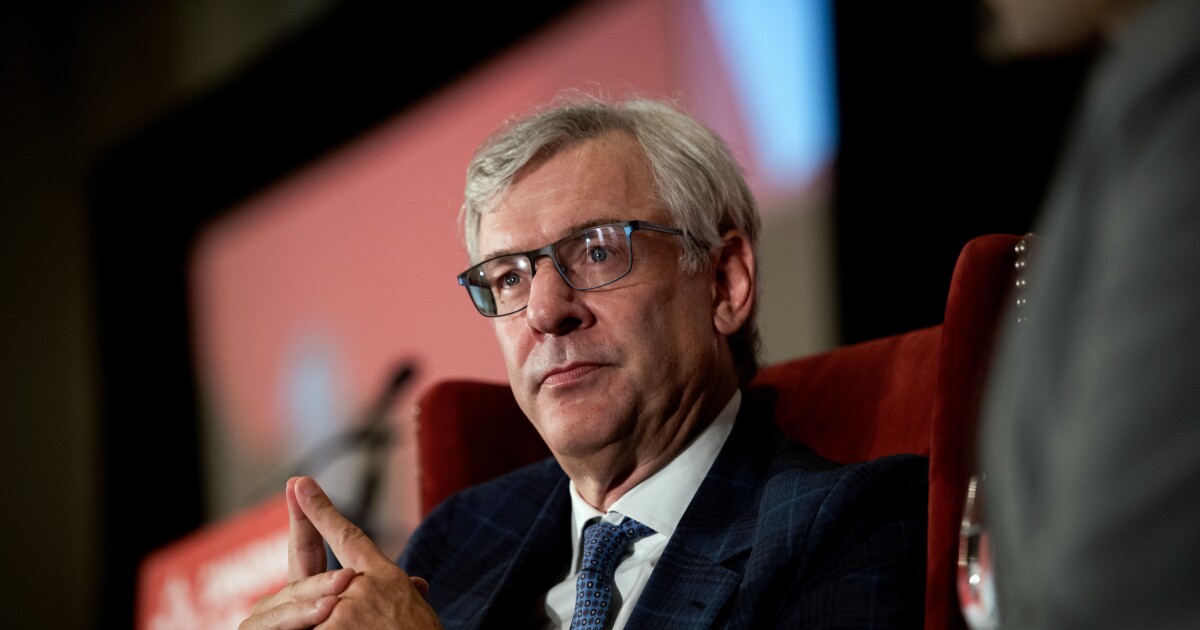The belief that tourism “brings money into the country” and is therefore good for “the nation” is rooted in a persistent fallacy: mercantilism—the mistaken idea that money is wealth. From this confusion springs a host of destructive ideologies.
Money itself is not wealth. It is merely a medium of exchange, not the valued goods. What matters economically is not whether money flows in or out of a “country,” but how those claims are used by individuals. Does the flow result in an increase in the real output of goods and services—more consumption for individuals, more capital for production, more wealth in real terms?
Like any other good, money is governed by the laws of supply and demand, and its exchange across imaginary borders obeys the same principles. Sellers and buyers are constantly adjusting their activities in response to price differences, preferences, and expectations.
If tourism brings an inflow of money, unaccompanied by increased demand for money or a corresponding outflow of goods, the result is rising prices—making the destination less attractive and triggering a natural correction through reduced trade or tourist inflows. There is no need for the state to intervene and certainly no justification for the belief that an increase in domestic monetary holdings constitutes a “national” gain, as all such adjustments are mediated by individual action, price signals, and entrepreneurial judgment.
Hence, the net effect of tourism is no different from any other form of trade. Some individuals gain, others adjust, but the economy as a whole benefits only insofar as real production and exchange are enhanced, not because money crosses an imaginary line. But this presumes a free economy without interventions. If the fruits of human action—institutions of peace, property, saving, investment, and enterprise—are obstructed by state violence, then every act of exchange becomes a hollow ritual.
If the individual cannot keep what they earn, cannot build, cannot invest, cannot act without permission, then the income from tourism is nothing but a fleeting consumption and a steady stream of rent for the ruling class. What we call today a “tourism-dominated economy” is not the natural outgrowth of individual initiative, it is something else entirely: the coercive structuring of society around a single, primitive, extractive function.
The individual does not simply choose tourism, it is often imposed by the state—an institution that tries to abolish action through the destruction of property rights, the strangling of entrepreneurship, the privileging of cronies, and the capture or suffocation of every productive process in the so-called tourist economy. This is not development. This is serfdom with palm trees.
What good is money if it cannot be saved, invested, and used to build capital?
There is a big difference between a five-star resort in a tourism-dominated, state-ridden Third World and a coconut-processing facility, built with genuine savings from free-market enterprise and labor responding to consumer demand. This is why nearly all countries blessed with sun, fertile land, and natural abundance are not full of liberty, prosperity, and wealth, but full of poverty, stagnation, and statism.
The south should be the breadbasket of the world. The raw productivity of crops makes these lands naturally suited to high-yield, land-intensive production. But for that to happen, the individual must be free—to live, to act, and to own.


























